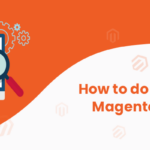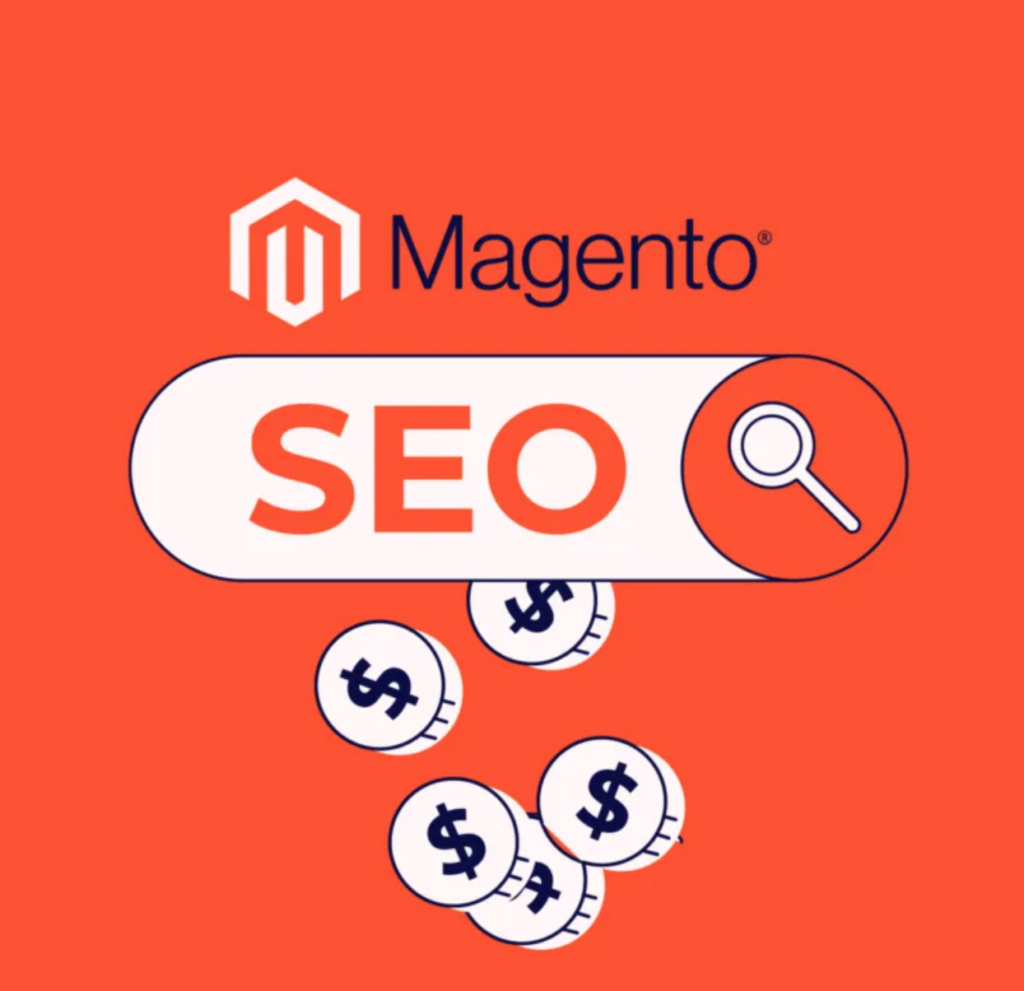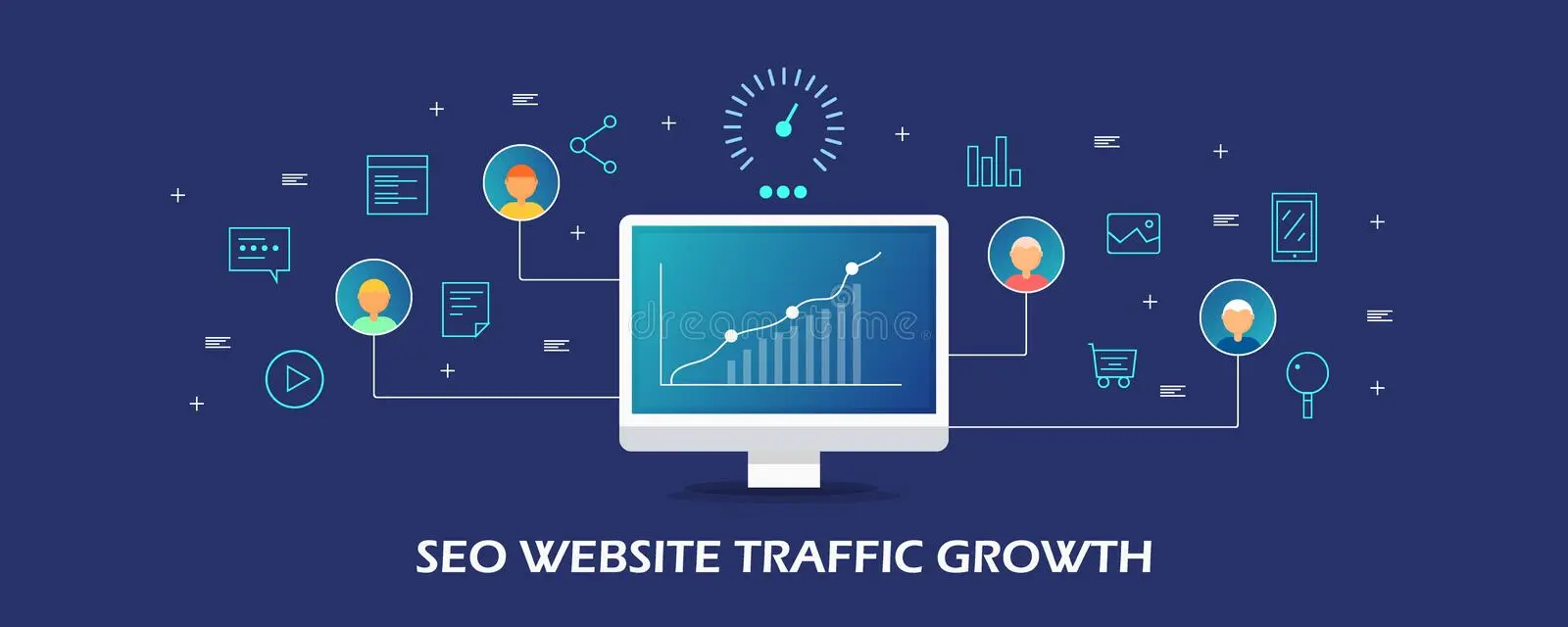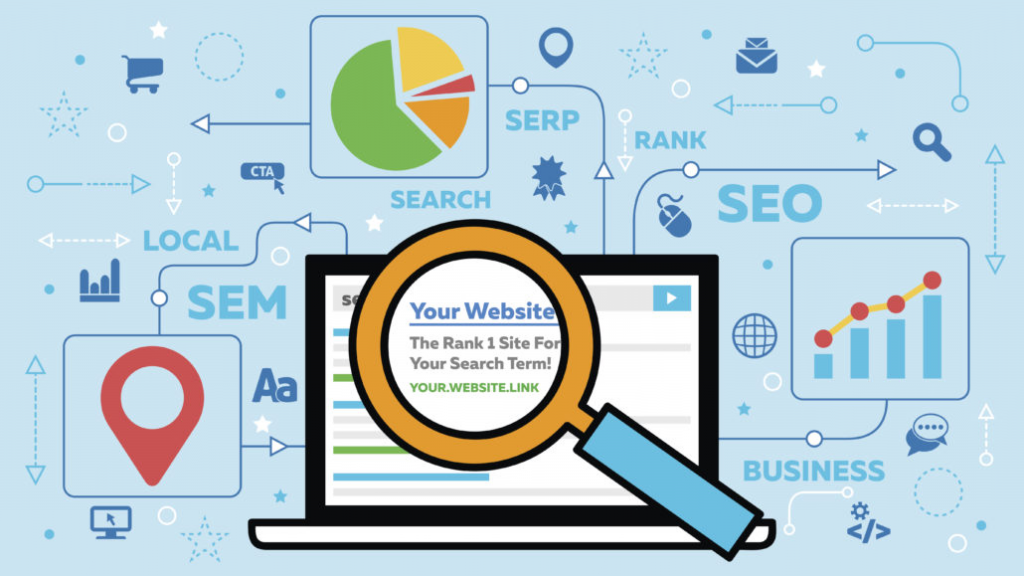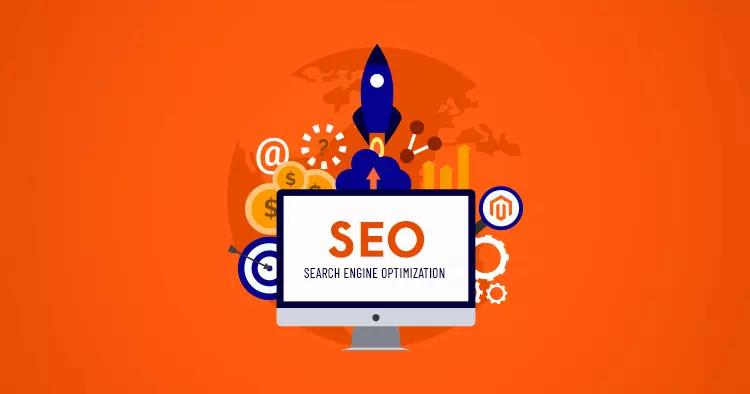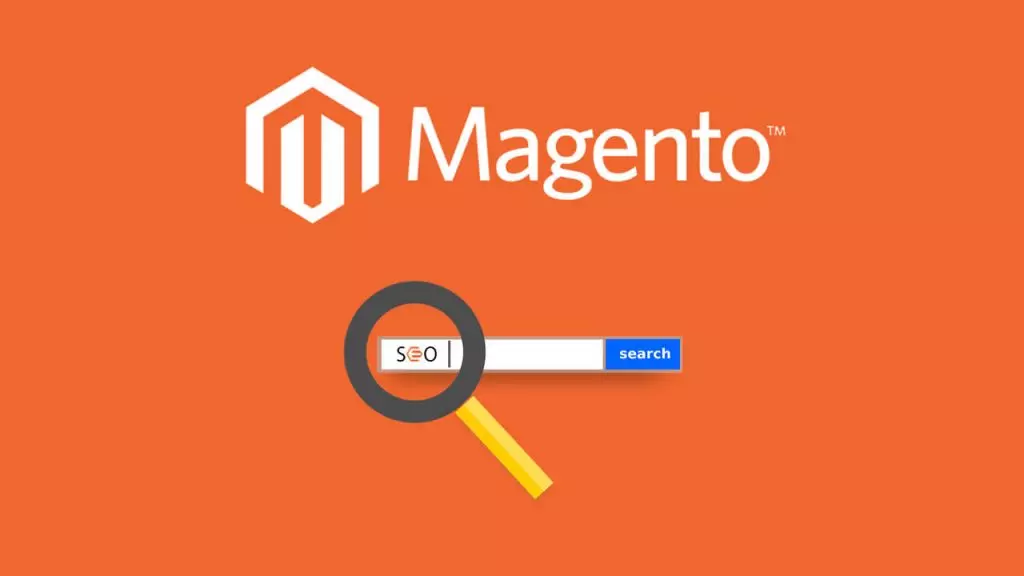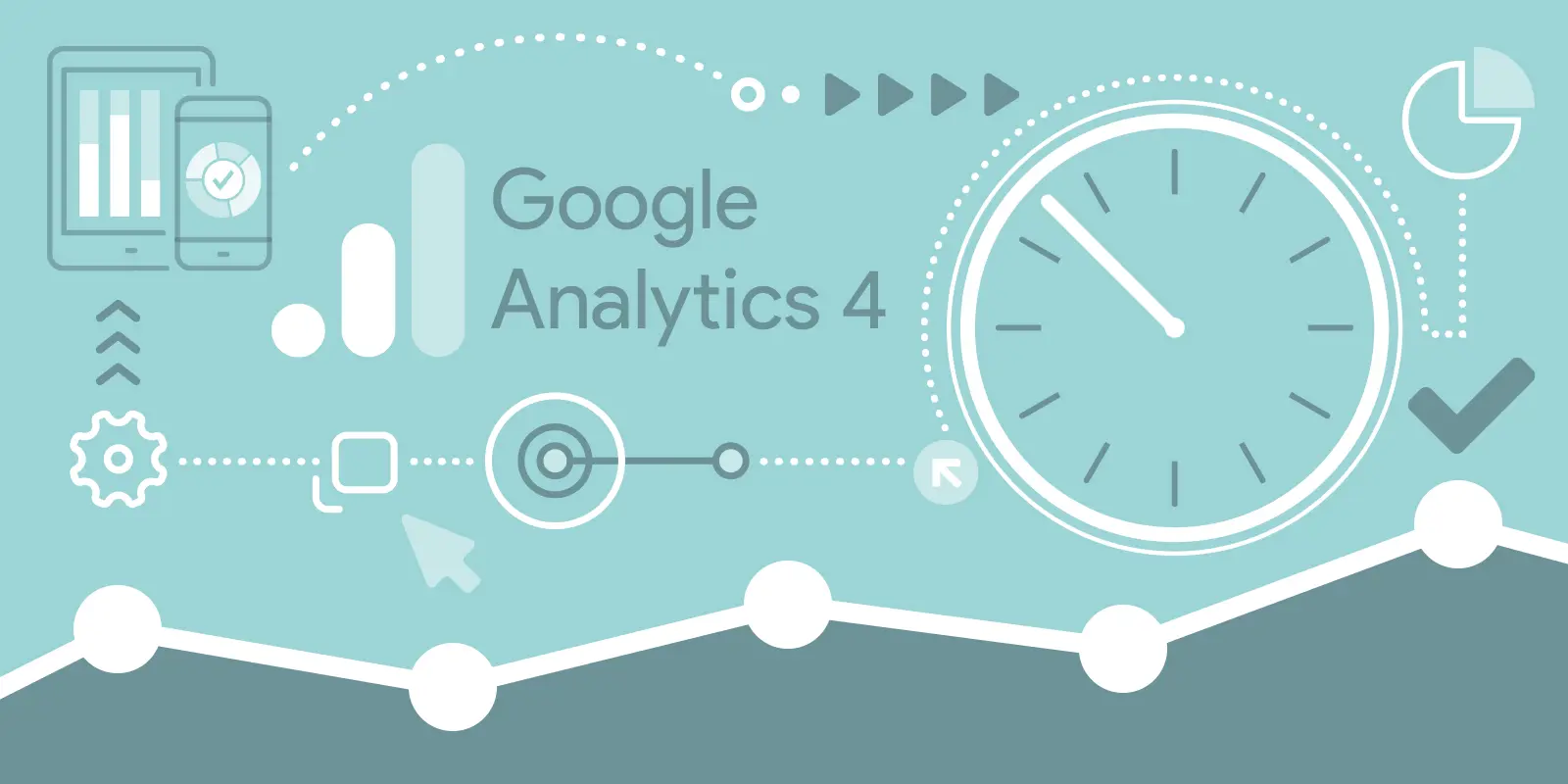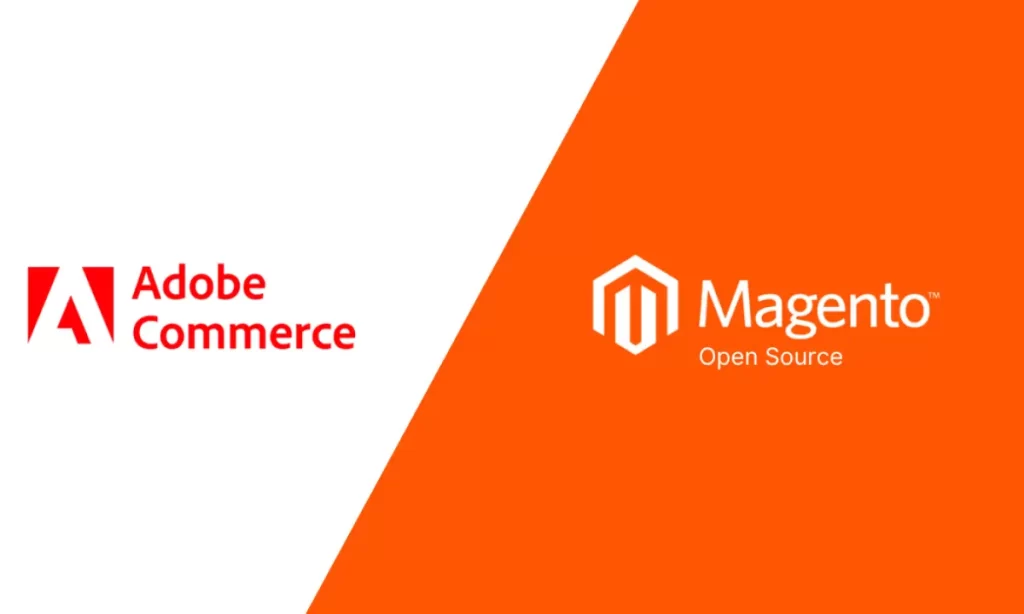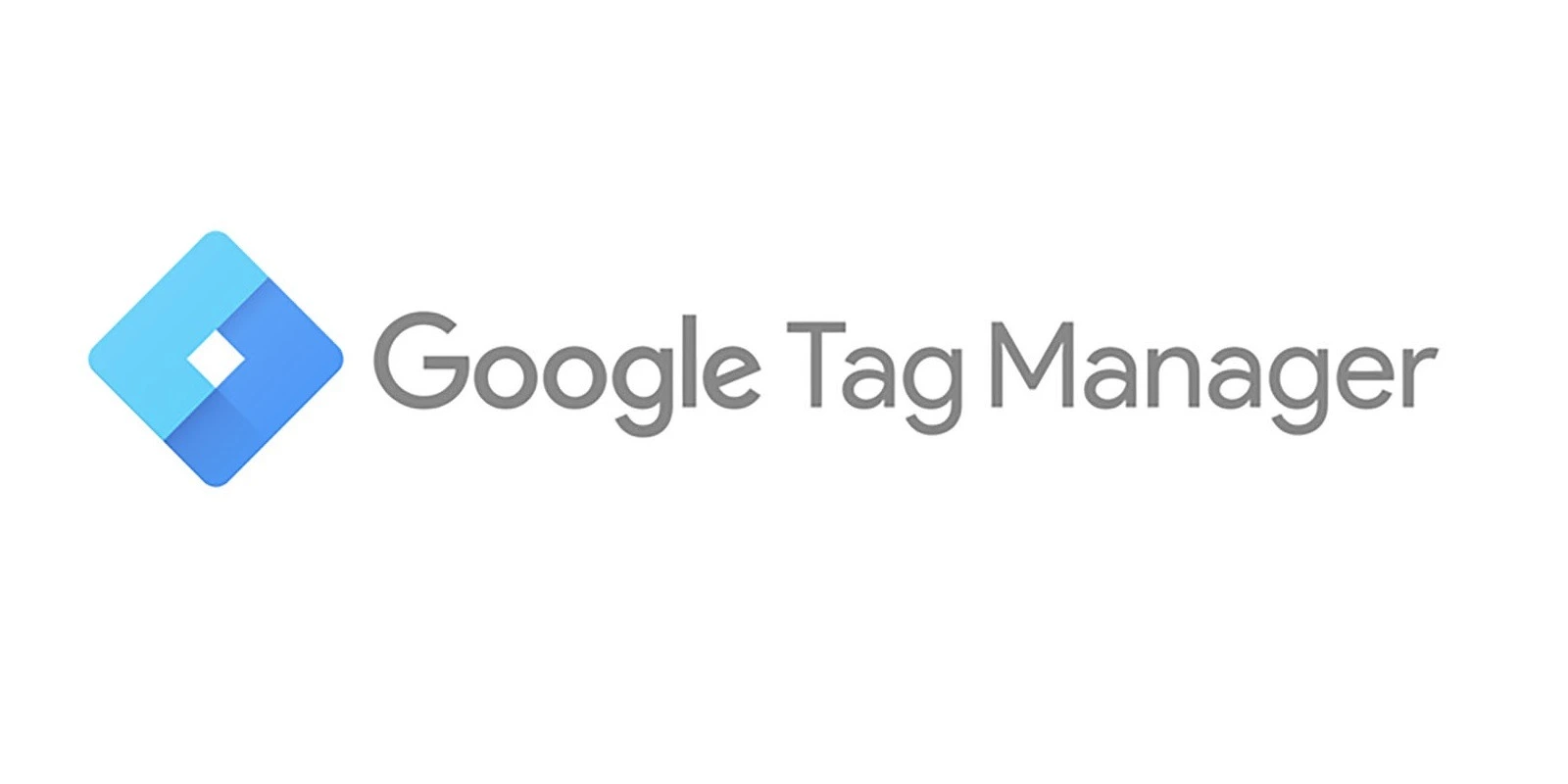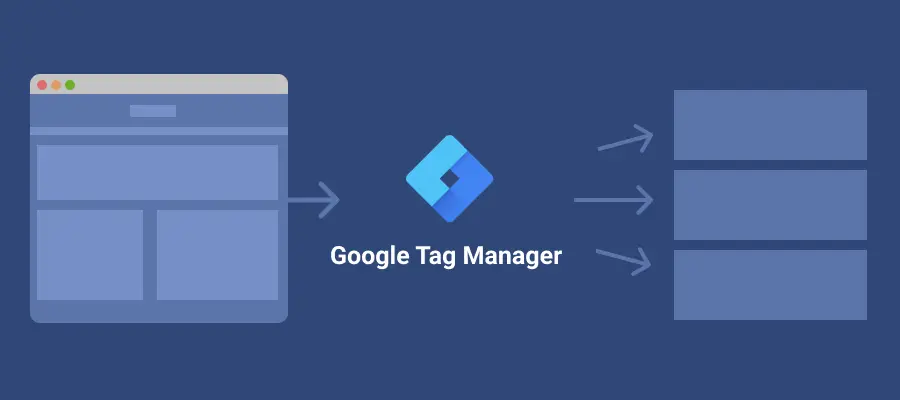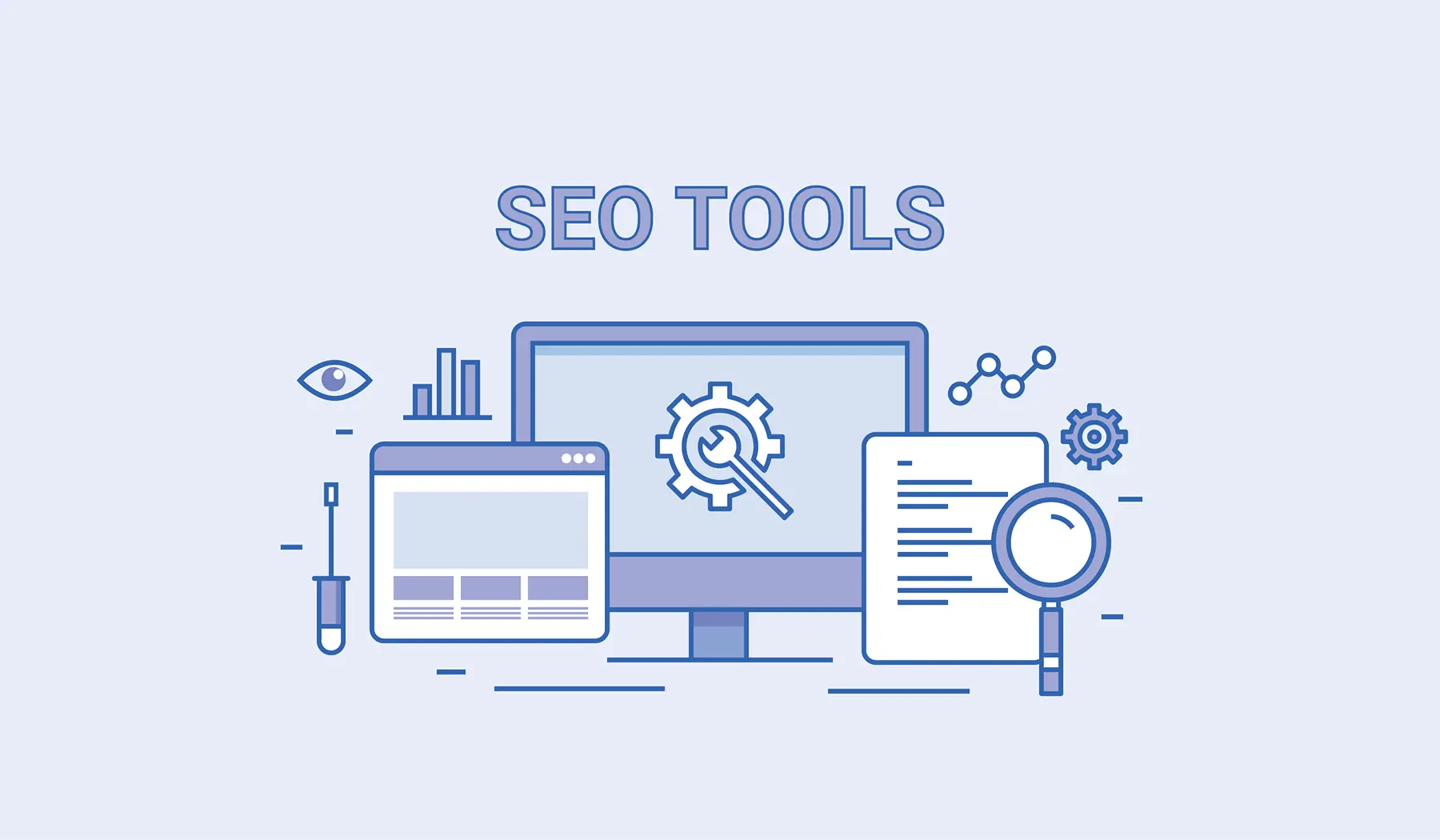In the evolving landscape of search engine optimization (SEO), the power of long-tail keywords cannot be underestimated. These multi-word phrases, which are specific and often less competitive, offer a targeted approach to attracting quality traffic to websites. But did you know that they also encourage significantly higher click-through rates (CTR) in organic search results?

Recent studies and analyses reveal that long-tail keyword searches boast a 3-5% higher CTR compared to their shorter counterparts. Let’s delve deeper into why this is the case and how you can harness the power of long-tail keywords for your SEO strategy.
Understanding Long-Tail Keywords
Before we explore their impact on CTR, it’s crucial to define what long-tail keywords are. Unlike generic, short-tail keywords, long-tail keywords are longer, more specific phrases that users are likely to use when they are closer to a point of purchase or when they are using voice search. They are less competitive but highly targeted, meaning they draw in an audience that is more likely to engage with the content or product offered on your website.
Why do long-tail keywords boost CTR?
- Specificity and Relevance: Users who search using long-tail keywords are typically looking for very specific information or products. When they see a title in search results that matches their specific query, they are more likely to click through, as it promises the exact answer or solution they seek.
- Lower Competition: With fewer websites targeting the same long-tail phrases, your page is more likely to appear higher in search results, increasing its visibility and, consequently, its CTR.
- Intent Matching: Long-tail keywords often align closely with user intent—whether informational, navigational, or transactional. By addressing specific user needs and intents, titles containing these keywords are more appealing and relevant, prompting higher engagement rates.
Strategies to Leverage Long-Tail Keywords for Higher CTR
- Keyword Research: Use SEO tools and analytics to identify long-tail keywords relevant to your niche. Look for phrases with a decent search volume but lower competition, ensuring they align with your content and audience intent.
- Content Optimization: Integrate long-tail keywords naturally into your titles, meta descriptions, and content. Ensure that your content fulfills the promise made in the title, reducing bounce rates and increasing user satisfaction.
- User Experience: Enhance your website’s user experience to ensure that visitors who click through stay engaged. Fast loading times, mobile optimization, and intuitive navigation all contribute to a positive user experience, encouraging users to explore further and engage with your site.
- Performance Monitoring: Regularly track your CTR and other relevant metrics to understand the impact of your long-tail keyword strategy. Adjust your approach based on data-driven insights to continuously improve your results.
Using long-tail keywords to improve your CTR in organic search results is a very effective tactic. Specificity, relevancy, and user intent are key components that will help you draw in more visitors, raise your search engine rankings, and improve your overall SEO performance. Accept the potential of long-tail keywords, and you will see an increase in click-through rates and business growth.

